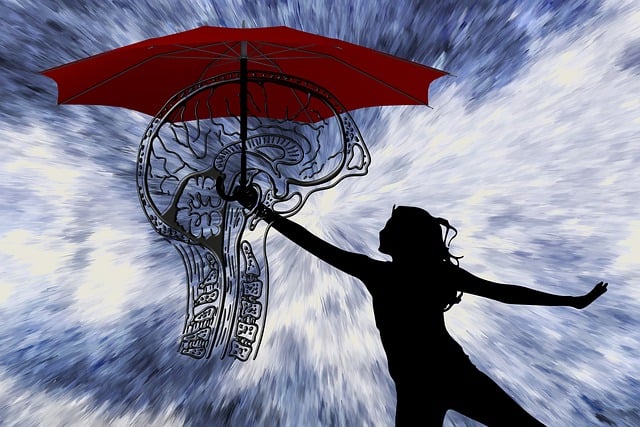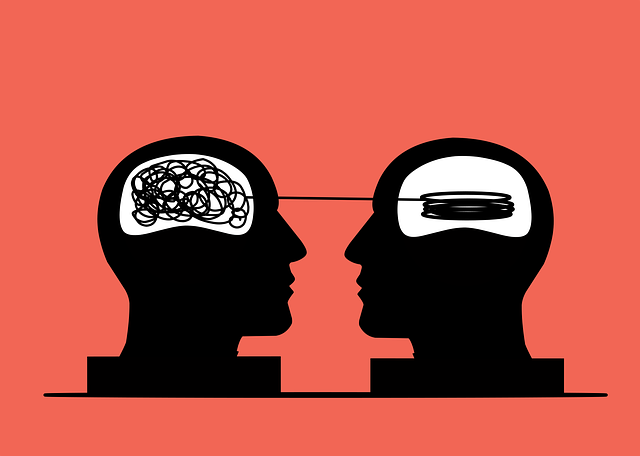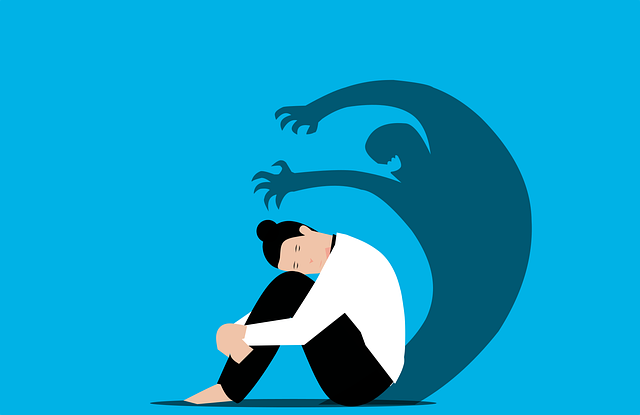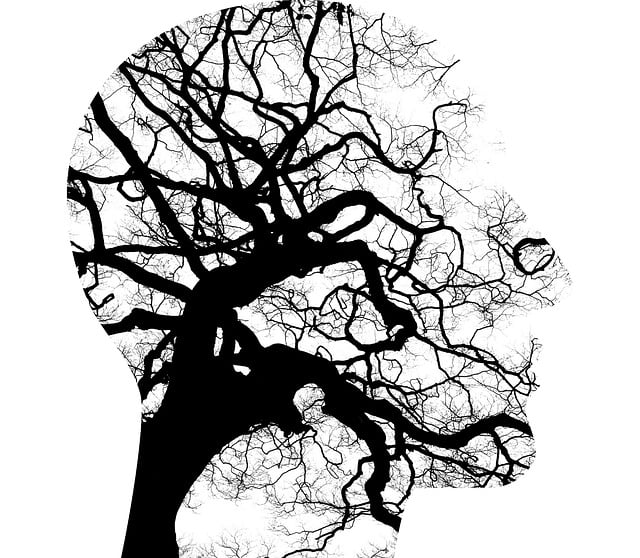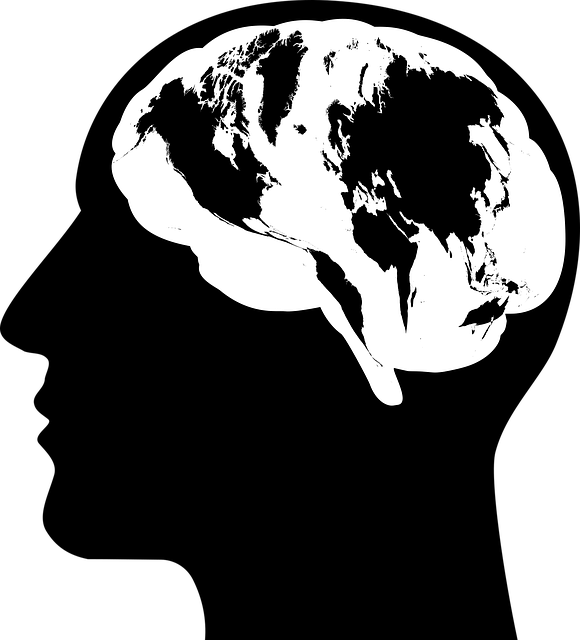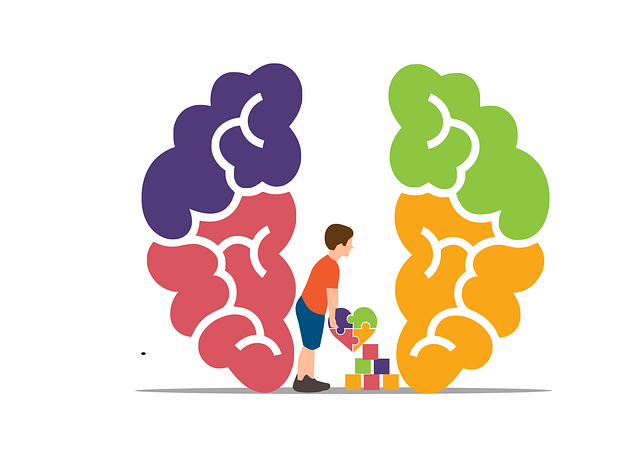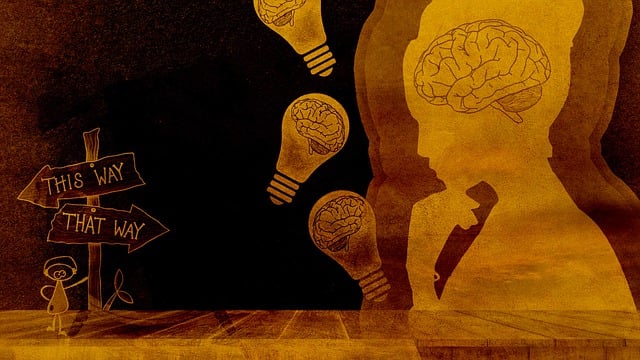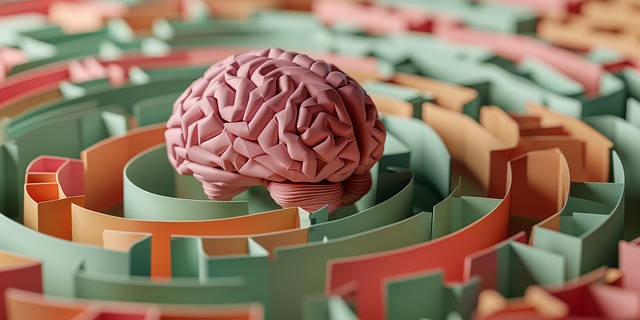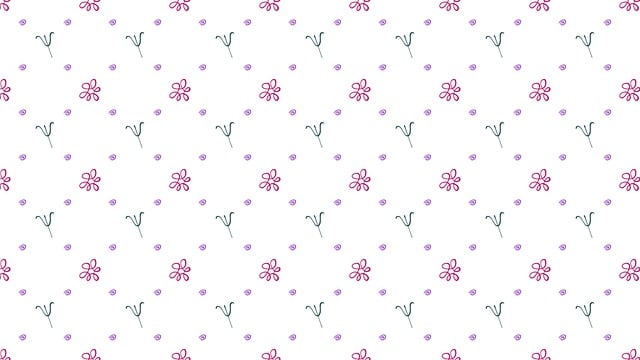Colorado Springs Adolescent and Teen Therapy leverages group facilitation to enhance mental wellness, offering a supportive environment for teens to connect with peers, develop coping mechanisms, and improve social interactions. Skilled facilitators guide discussions, promote empathy, and implement burnout prevention strategies. Safe spaces are created through acceptance, active listening, and community outreach programs, empowering teens to manage anxiety, advocate for their rights, and build resilience. Effective communication strategies, including open dialogue and creative activities like art, music, and drama, significantly improve engagement and therapeutic outcomes.
Mental wellness group facilitation plays a pivotal role in adolescent therapy, offering a supportive environment for teens to process emotions and build resilience. This article explores effective techniques tailored to Colorado Springs adolescents, focusing on creating safe spaces, fostering open communication, and integrating creative activities. By delving into these strategies, therapists can enhance engagement and improve outcomes in Colorado Springs adolescent and teen therapy.
- Understanding the Role of Group Facilitation in Adolescent Therapy
- Creating a Safe and Supportive Environment for Teen Participants
- Effective Communication Strategies for Group Leaders in Colorado Springs
- Incorporating Creative Activities to Enhance Mental Wellness Engagement
Understanding the Role of Group Facilitation in Adolescent Therapy

In the context of Colorado Springs adolescent and teen therapy, group facilitation plays a pivotal role in fostering mental wellness among younger individuals. Unlike individual therapy, which focuses on one-on-one interactions, group sessions create a supportive environment where teens can connect with peers facing similar challenges. This dynamic encourages open communication, fosters a sense of belonging, and helps break down feelings of isolation commonly experienced by adolescents. Skilled facilitators guide discussions, ensuring every voice is heard while promoting empathy and understanding among participants.
The techniques employed in group facilitation go beyond mere conversation. They include activities designed to enhance self-awareness, build inner strength, and boost confidence. By engaging in these exercises, adolescents can develop healthy coping mechanisms, improve their problem-solving skills, and learn valuable social interactions. Moreover, group therapy sessions offer a unique opportunity for healthcare providers to implement burnout prevention strategies, ensuring they can continue offering optimal support without succumbing to professional fatigue.
Creating a Safe and Supportive Environment for Teen Participants

Creating a safe space is paramount when facilitating groups for teenagers grappling with mental health issues, much like those offered by Colorado Springs Adolescent and Teen Therapy services. This involves cultivating an atmosphere of acceptance, empathy, and non-judgment. Group facilitators should encourage open communication, ensuring every participant feels heard and understood. Techniques such as active listening, reflective listening, and normalization of feelings can help build trust and foster a sense of belonging.
By implementing stress reduction methods tailored to adolescents, facilitators can guide teens in managing their anxiety and emotions effectively. This may include teaching mindfulness practices, breathing exercises, or incorporating creative outlets like art therapy. Additionally, integrating mental health policy analysis and advocacy into group discussions empowers teenagers to understand their rights and advocate for services that align with their needs. Community outreach program implementation is another strategy to enhance support systems, connecting teens with local resources and fostering a sense of community.
Effective Communication Strategies for Group Leaders in Colorado Springs

Effective communication is key to facilitating successful mental wellness groups in Colorado Springs, especially when working with adolescents and teens. Group leaders must adapt their strategies to engage and support this age group, fostering an environment that encourages open dialogue and emotional expression. One powerful technique is active listening; leaders should demonstrate genuine interest by focusing on each participant’s unique experiences and perspectives without judgment. This simple yet profound act can significantly enhance self-awareness and build trust within the group.
Additionally, incorporating resilience-building exercises and promoting positive thinking can be transformative. Group activities that challenge participants to share their personal strengths and coping mechanisms can help them develop a sense of mastery over their mental health journeys. Encouraging open conversations about setbacks and failures, while emphasizing the value of learning from these experiences, further strengthens their ability to navigate life’s challenges with resilience and hope, as supported by Colorado Springs adolescent and teen therapy practices.
Incorporating Creative Activities to Enhance Mental Wellness Engagement

Incorporating creative activities into mental wellness group sessions can significantly enhance engagement and therapeutic outcomes, especially for adolescents and teens in Colorado Springs seeking therapy. Art, music, dance, and drama are powerful tools that allow individuals to express themselves beyond traditional talk therapy. These activities provide an alternative way for participants to process emotions, share experiences, and connect with peers, fostering a sense of belonging and community. For instance, a group painting session can encourage teens to discuss their feelings while creating art together, promoting mood management skills.
Furthermore, creative expression can stimulate public awareness campaigns development around mental health issues, such as depression prevention. By engaging in these activities, participants may gain new insights into their own experiences and develop strategies for coping with stress and anxiety. This approach not only enhances individual wellness but also contributes to a broader culture of openness and support, vital for addressing mental health challenges prevalent among adolescents and teens.
Group facilitation plays a pivotal role in enhancing mental wellness among adolescents, as evidenced by various techniques employed in Colorado Springs adolescent and teen therapy. By creating safe spaces and utilizing creative activities, therapists can effectively support young individuals navigating emotional challenges. The strategies discussed, from establishing supportive environments to incorporating artistic expressions, empower group leaders to facilitate meaningful conversations and foster a sense of belonging. These techniques are essential tools for improving mental health outcomes and significantly contribute to the overall well-being of teenagers in Colorado Springs.


